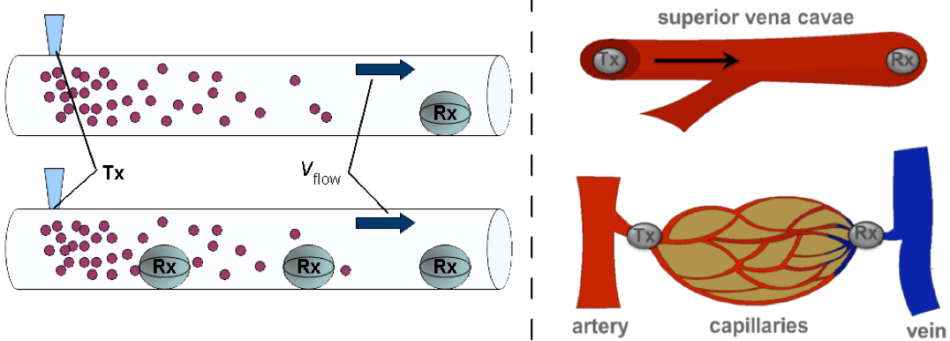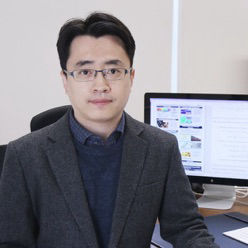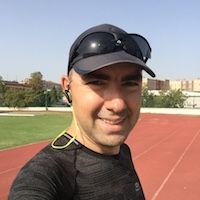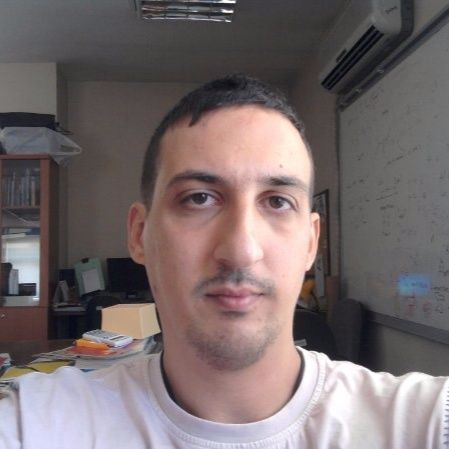Project Description
For the open-source simulators, which are output of MEDUSA project, you may click here.
With the rapid development of nanotechnology, manufacturing nano-machines with computing capabilities will be feasible in the near future. Such nanomachines by themselves will have limited computing and memory capacity, and will require meticulously planned communication and coordination for performing complex tasks. Therefore, communication systems at those levels are the crucial components to be designed and developed for nanotechnology to achieve its full capacity. Using nano-machines to aid healthcare applications is one of the most substantial and practical area of utilization in nanotechnology. There is also a considerable deficiency in association of theoretical work and useful applications. To this end, it is very important to devise novel, realistic, and in-detail models and simulations which take the biological aspect of such applications into consideration.
In the nature, chemical signals are used at the micro and nano scales. Inspired by the nature, a significant portion of the current literature on nanocommunication focuses on Molecular Communication via Diffusion (MCvD). However, most literature assumes very simplistic models for unbounded environments and there is a lack of research for studying realistic, bounded environments. In this project, we will focus on studying MCvD at realistic and bounded vessel-like environments from communications and healthcare perspectives.
Our study will focus on developing channel and propagation models for MCvD in vessel-like environments, developing novel modulation techniques for mitigating inter-symbol interference in such environments, developing techniques for emitter source localization, and devising realistic simulations for validating said models and techniques. We also aim to utilize the micro-scale testbed that will be developed in another project to validate our models and simulator.
Our primary aim in this project is to conduct extensive research on the aforementioned topics and publish papers that will contribute to both national and international literature in collaboration with our project partners at Yonsei University, Korea. Moreover, we plan to strengthen the collaboration process by organizing workshops at both Boğaziçi University and Yonsei University. Such collaboration between two parties will not only bring the Korean know-how into our national knowledge base in Turkey, but also provide Turkish researchers with invaluable international research experience. We believe that the project outputs and the collaboration process will provide both parties with a very unique set of knowledge base that has the power to influence and steer the international scene of communications domain.









